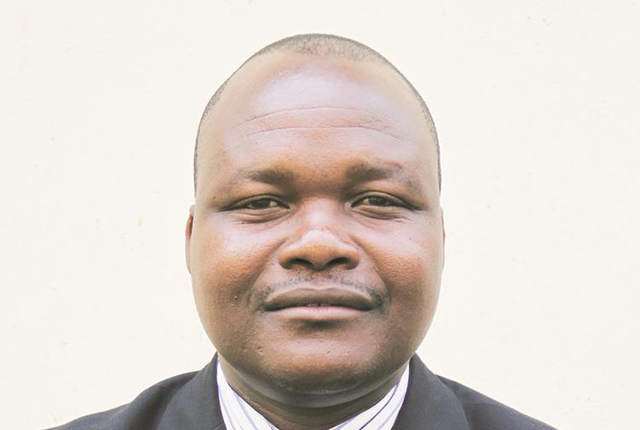Giving up on American slave literature for now
Christopher Farai Charamba The Reader
For quite some time I have been obsessed with literature by black writers. At one point I restricted it specifically to African authors and consumed the works of the Kenyan author Ngugi wa Thiong’o, Ghana’s Taiye Selasi and Zimbabwe’s Petina Gappah among many others.
Among the works by black writers I read literature relating to slavery in America. Yaa Gyasi’s “Homegoing” and “The Underground Railroad” by Colson Whitehead.
I stumbled upon “The Underground Railroad” somewhere online, perhaps Twitter or while listening to a podcast. The book was Oprah’s Book Club pick for September 2016, it won the 2017 Pulitzer Prize for Fiction, the 2016 National Book Award for Fiction, and the 2017 Andrew Carnegie Medal for Excellence.
So when I picked it up I was quite keen to delve into the pages as it had earned itself quite a bit of hype.
The story follows Cora, a young woman born into slavery and residing on the Randall plantation. Her grandmother was stolen from Africa and sold into slavery where she birthed Cora’s mother Mabel.
Mabel escapes the plantation one evening when Cora was a young girl and leaves Cora to fend for herself. Some many years later, after being asked by a fellow slave, Caesar to flee the plantation, Cora agrees and the two take off one evening.
Assisted by members of the underground railroad, which in this case is an actual railroad underground with stations, locomotives and conductors they make an escape and end up in South Carolina where they settle for a while.
Cora and Caesar’s time in their new home is brought to an end after a few months when the slave catcher chasing them, Ridgeway finds them in South Carolina. Cora manages to make it to the underground railroad once again and get on a train to a closed down station in North Carolina.
This state lynches black people and Cora is forced to live in an attic of one of the conductors of the underground railroad. She is eventually captured by Ridgeway but is miraculously saved in Tennessee as they make their way back to Georgia.
Eventually Cora finds herself living in a colony until the place is raided and she is again forced to flee.
When I got to the end of “The Underground Railroad” I was somewhat disappointed. The basic plot of the book I found to be quite bland and very similar to many other works on slavery in America.
Whitehead certainly did comprehensive research and it showed in his narrative however the book did not connect.
The story is told in the third person and perhaps it would have been better if it were told in the first person. Reading the account in Cora’s voice might have made it able to connect better with the reader and give a better understanding of her situation.
Another drawback from the book are the explanatory chapters in between the main chapter on Cora. These give back information on some of the side characters in the book. They don’t seem to serve much of a purpose and have no strong connection to the flow of the story.
All that being said, Whitehead must be commended for the creativity of making the underground railroad an actual railroad and for tackling pertinent issues that still affect black people today.
In the book he deals with how experimental medical procedures were conducted on black people. This is a particularly sensitive issue as black bodies have been abused in the name of science for quite a long time.
Whitehead also examines the difficulty and risk that a fleeing slave was taking. It took the compassion and collaboration of others to help slaves and eventually end slavery.
This should be an anecdote to dealing with human rights issues today. Without others, who have the means and privilege assisting those who are marginalised then challenging subjugation will prove difficult.
While I did not find this book memorable or particularly stimulating I appreciate its place in the canon of American slave literature. Perhaps though I shall be taking a break from the genre for a while.









Comments